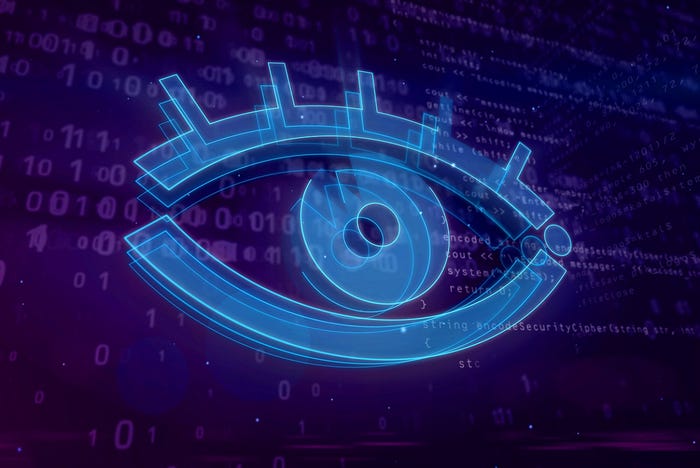Online And Physical User Identities
Some data-owning businesses are getting into the Internet authentication market -- and that's good news

The desire to have a strong authentication mechanism that Internet businesses can use to authenticate their users is becoming more of a necessity than a pure desire. The growth of cybercrime is creating opportunities for the data that some businesses keep on individuals to become much more valuable.
When a user enters certain information in a Web form to conduct business, the website can consult with businesses that maintain information about individuals, such as credit bureaus, to make sure that the data provided is at least consistent. This type of service can protect against a large number of fraudulent uses of personal information where the cybercriminal has some information about the victim and tries to use it for financial gain. Higher levels of identity theft would not be affected if the criminal has a lot of information that is, in fact, consistent.
I think these types of services are very useful in detecting and preventing many of the forms of fraud we see today. We are observing that some of the data-owning businesses are getting into the Internet authentication market -- which adds a lot of value to all involved. I think the initial collaboration we are starting to see today among many companies, small and large, in this type of authentication will end up producing a much better business environment that we will feel comfortable to use for more transactions.
Recognized in the industry as the "inventor of SSL," Dr. Taher Elgamal led the SSL efforts at Netscape. He also wrote the SSL patent and promoted SSL as the Internet security standard within standard committees and the industry. Dr. Elgamal invented several industry and government standards in data security and digital signatures area, including the DSS government standard for digital signatures. He holds a Ph.D. and M.S. in Computer Science from Stanford University.
Read more about:
2012About the Author(s)
You May Also Like
Key Findings from the State of AppSec Report 2024
May 7, 2024Is AI Identifying Threats to Your Network?
May 14, 2024Where and Why Threat Intelligence Makes Sense for Your Enterprise Security Strategy
May 15, 2024Safeguarding Political Campaigns: Defending Against Mass Phishing Attacks
May 16, 2024Why Effective Asset Management is Critical to Enterprise Cybersecurity
May 21, 2024
Black Hat USA - August 3-8 - Learn More
August 3, 2024Cybersecurity's Hottest New Technologies: What You Need To Know
March 21, 2024




